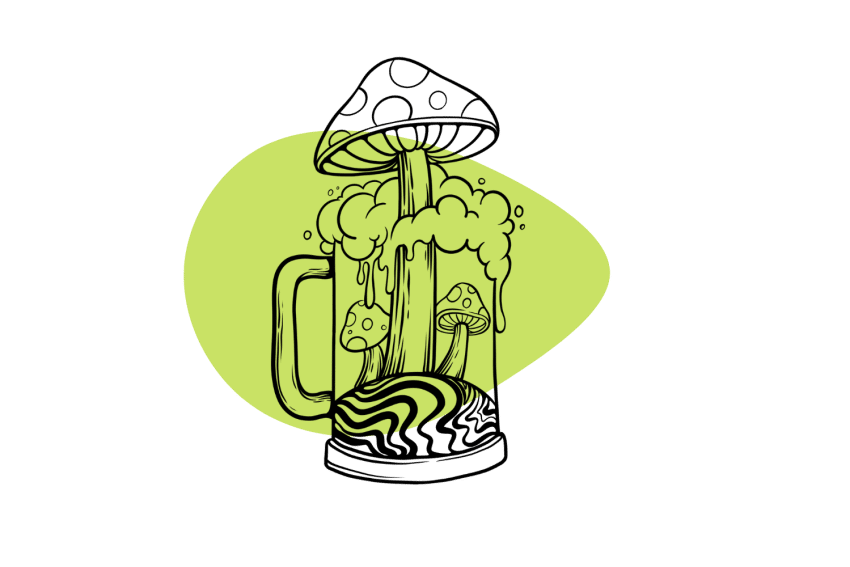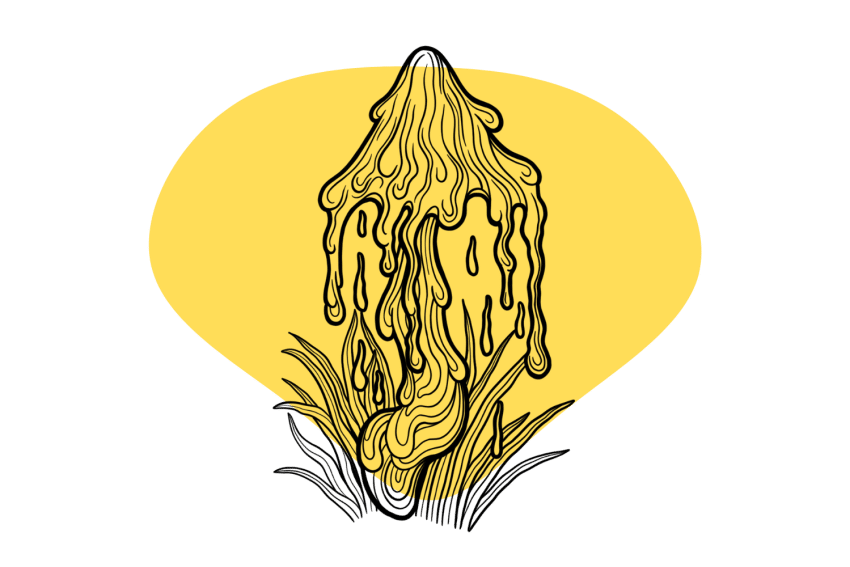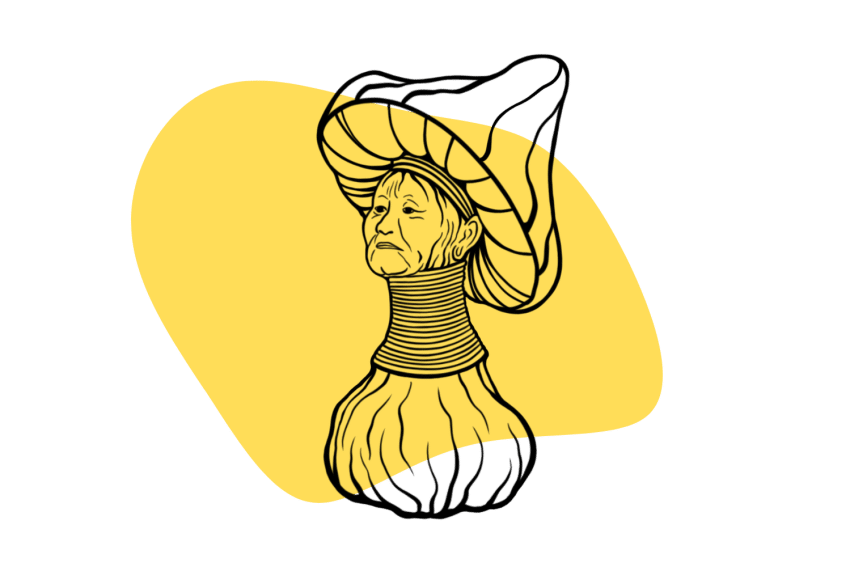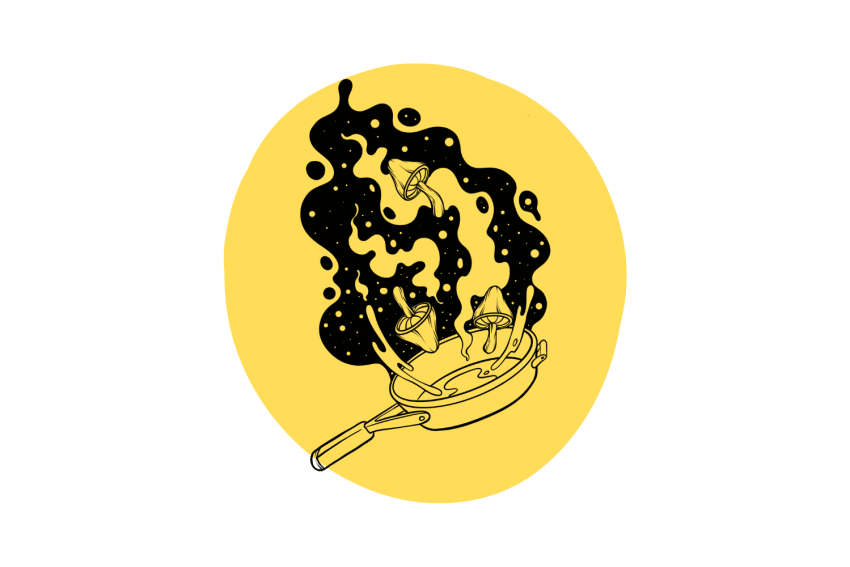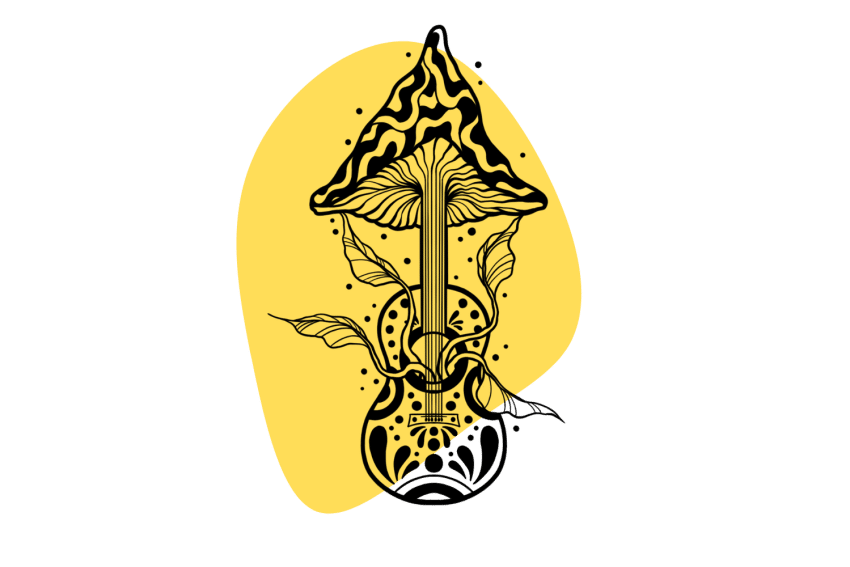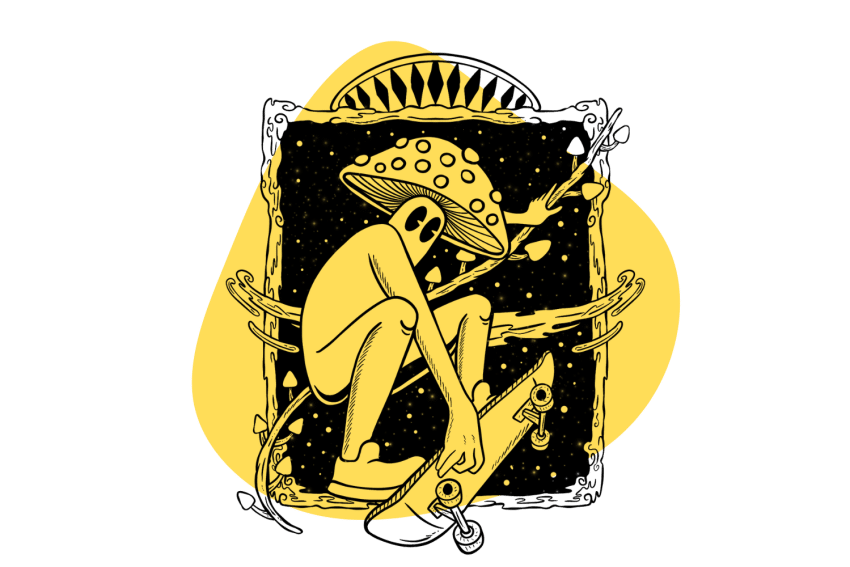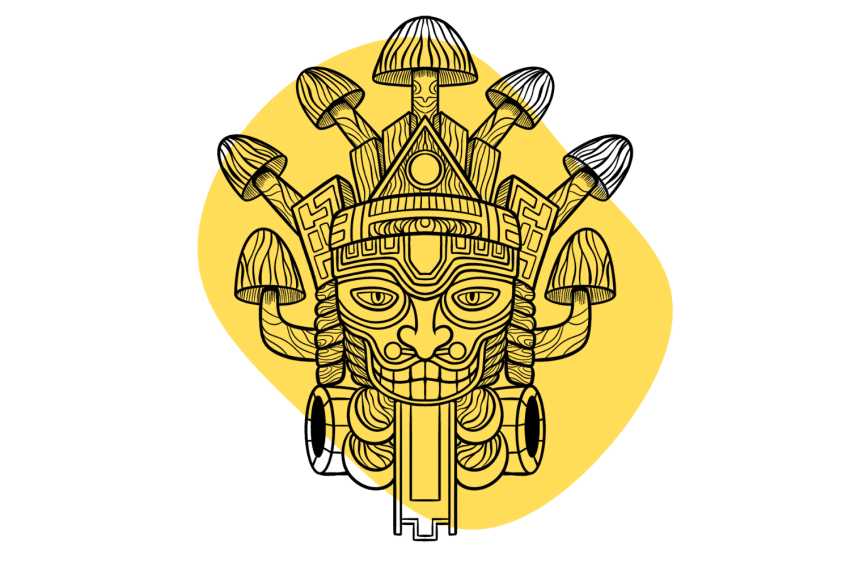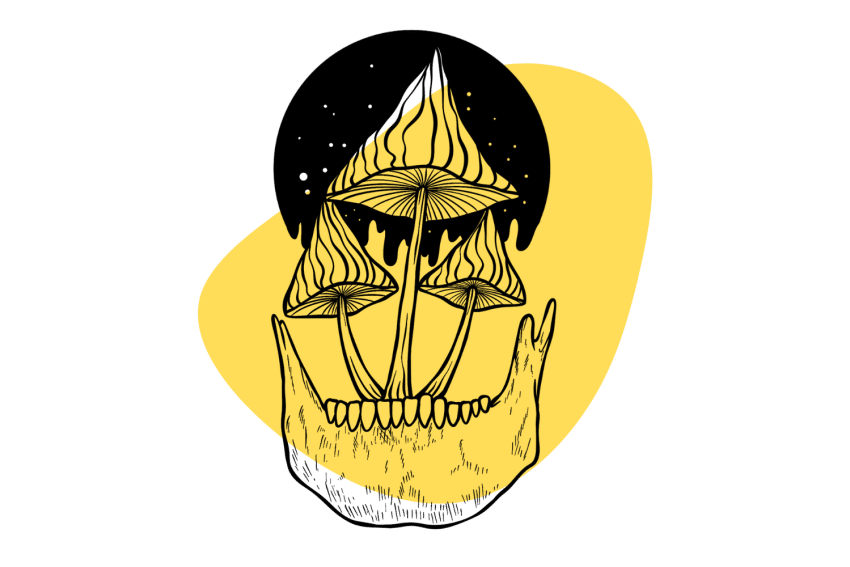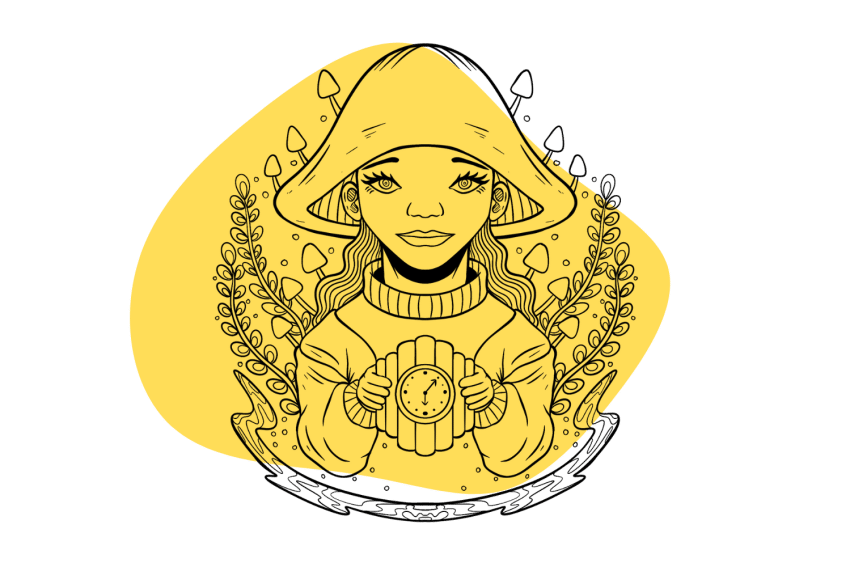Psychedelic Drug Laws in Brazil
Brazil is home to many naturally-occurring psychedelics and is more tolerant than most of its South American neighbors.
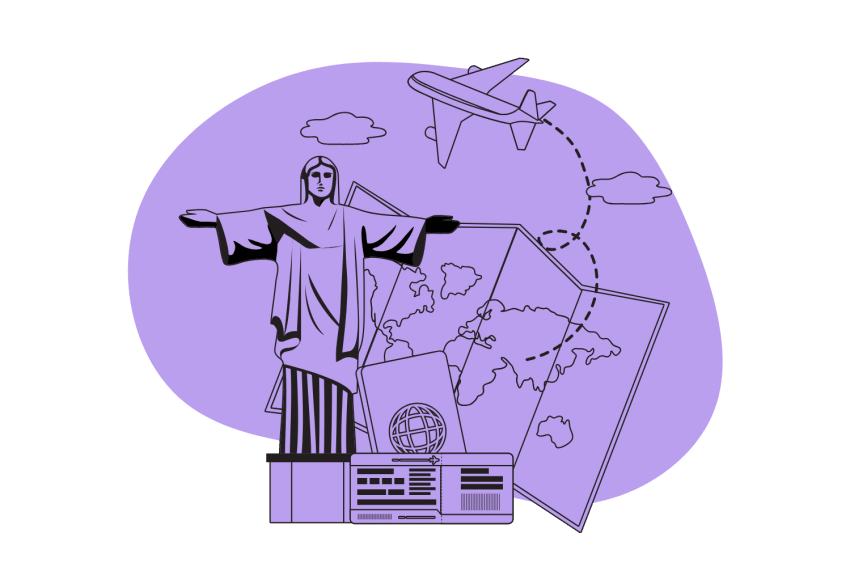
Brazil is one of the most tolerant countries regarding psychedelics legislations, thanks to its indigenous population, who regularly uses them in their rituals.
The country’s drug laws have not changed since 2006, and magic mushrooms, ayahuasca, and other psychedelics are mostly legal to use here.
This article will cover the legal status of psychedelics in Brazil. Also, we’ll briefly take a look at the legality of other common psychedelics, like DMT, LSD, and MDMA.
Summary of Psychedelic Drug Laws in Brazil
- Magic mushrooms and psilocybin are not listed as controlled substances.
- Police will reportedly not pursue or condemn cultivating or selling mushrooms.
- DMT is illegal, but it’s legal to use natural sources such as ayahuasca.
- The use of psychedelics by aboriginal tribes is legal, and some resorts offer psychedelics as spiritual therapy.
- Cannabis is illegal, and this policy has only gotten stricter in recent years.
- CBD isolate is approved, but cannabis is still not legal for medical use.
- Most psychedelics are considered class F drugs (restricted).
- Penalties for possession of small amounts for personal use range from educational classes to community service.
Brazilian Drug Classes
| Class | Type of Substance | Psychedelics |
| A1 | Narcotic drugs: analgesics, opioids, non-opioids, other analgesics | None |
| A2 | Narcotic drugs: analgesics, opioids, and non-opioids | None |
| A3 | Psychoactive drugs: central nervous system stimulants | None |
| B | Psychoactive drugs: antiepileptics, sleep inducers, anxiolytics, antidepressants, tranquilizers | None |
| C | Other controlled substances: antidepressants, antiparkinsonians, anticonvulsants, antiepileptics, neuroleptics, and anesthetics | None |
| D | Drug precursors | None |
| E | Controlled Plants | None |
| F | Prohibited Substances | LSD, DMT, DOB, MDA, MDMA, Mescaline, MMDA, THC, TMA |
Sources:
- Local laws and customs – Brazil travel advice – GOV.UK
- National System of Public Policies on Drugs- Lei nº 11.343
- Drugs and Drug Trafficking in Brazil: Trends and Policies
Are Magic Mushrooms Legal in Brazil?
Yes, magic mushrooms are legal in Brazil.
Brazil is one of the most tolerant countries regarding magic mushrooms and other psychedelics. This is largely thanks to its indigenous population, many of which have used a variety of natural psychedelics for generations.
Moreover, the 1971 Vienna convention, which determined the banning of many psychedelics, included in its article 32 an exception for some countries’ indigenous people. Brazil was among them.
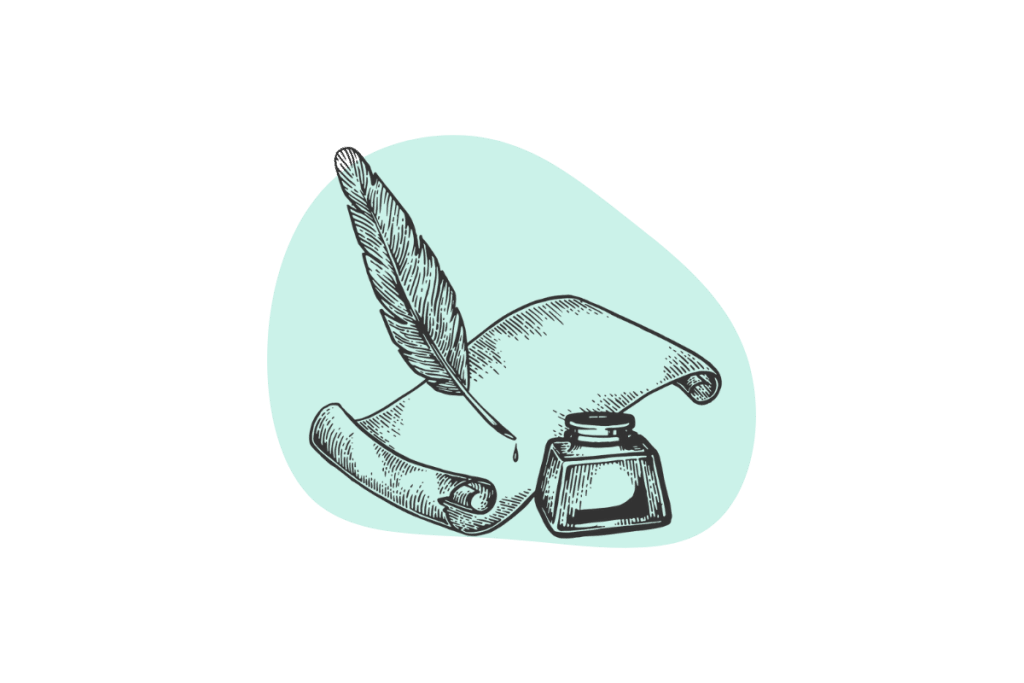
The country’s drug laws haven’t practically changed since 2006, when its current legislation (Portaria n. 344/1998) came to be. According to this law, psilocybin and psilocin are illegal. However, this applies only to the isolated substance and not technically the mushrooms themselves.
You can purchase spores and mushrooms online through specialized stores both online and locally.
Related: Brazilian Cubensis Magic Mushroom Strain | Corumba Strain (Brazilian Origins)
Where to Buy Magic Mushroom Spores in Brazil
Brazilian legislation doesn’t ban the spores of magic mushrooms. The spores act as the “seeds” of the mushrooms. They can be bought and sold freely online and contain none of the active psilocybin or psilocin.
It’s very easy to cultivate magic mushrooms once you have access to spores. Just one spore print or spore syringe is enough for several pounds of dried magic mushrooms. You can even perpetuate stock by collecting new spores from the harvested mushrooms.
You should be able to get magic mushroom spores through Facebook groups, grow shops, or individual sellers online.
Do Magic Mushrooms Grow Wild in Brazil?
Yes, magic mushrooms grow in the wild in Brazil.
You can find psilocybin mushrooms growing in almost every natural environment globally, and of course, Brazil is no exception.
Over 200 species of magic mushrooms have been identified worldwide. Thanks to its tropical, humid weather, they are pretty common in Brazil all year round.
Here are some of the most common specimens found in the country:
Psilocybe brasiliensis
This species is native to tropical environments and can also be found in other countries in South America. It has not been studied as much, and its average psilocybin and psilocin content is unknown.
However, mycologists believe this species has an exceptionally high concentration of these substances, as indicated by the intense blushing reaction to the touch.
Psilocybe hoogshagenii
This species grows commonly in coffee plantations and can be found in Mexico, Colombia, and Brazil. It’s very rich in psilocybin and psilocin and is frequently used by some tribes in Mexico for divinatory purposes.
Psilocybe cubensis
The Psilocybe cubensis species is found throughout the Americas and in other countries. It’s typical of tropical habitats. This is probably the best-known mushroom with psychedelic properties and is widely used worldwide.
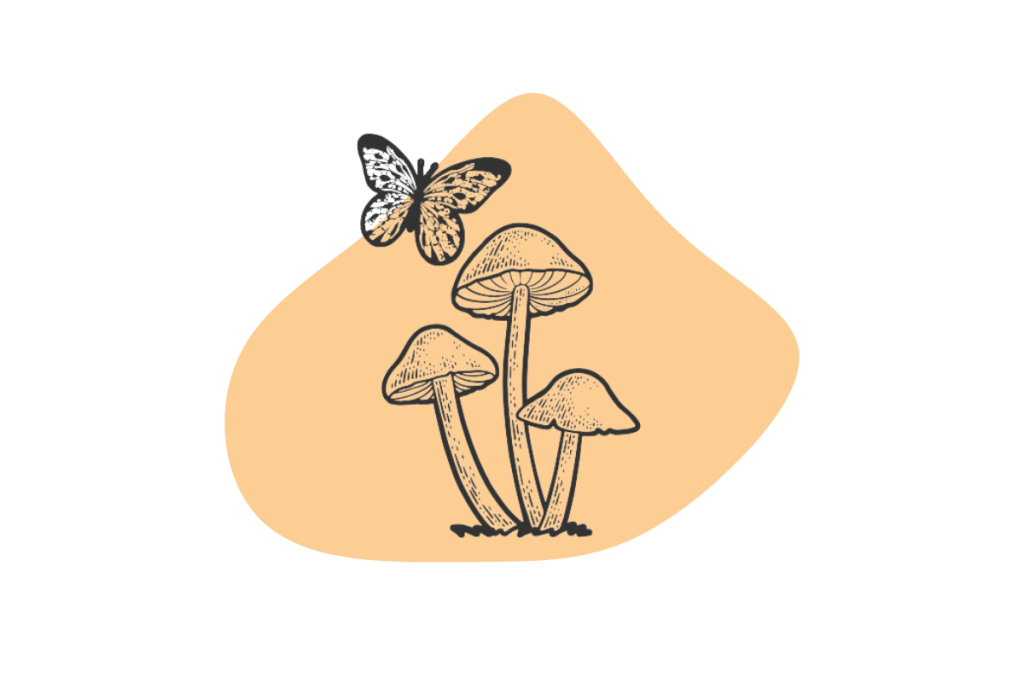
What Are the Medicinal Uses of Shrooms?
There has been a recent push for legalizing magic mushrooms in the USA and Europe because of their therapeutic properties. Besides these benefits, mushrooms can help improve problem-solving abilities and increase creativity in humans.
However, their primary therapeutic value lies in treating several mental ailments, including:
Is LSD Legal in Brazil?
No, LSD is not legal in Brazil.
Currently, LSD (acid) is listed as a forbidden substance in Brazil’s drug laws. Despite the country’s generally tolerant attitude towards ayahuasca and magic mushrooms, LSD use has not been legalized.
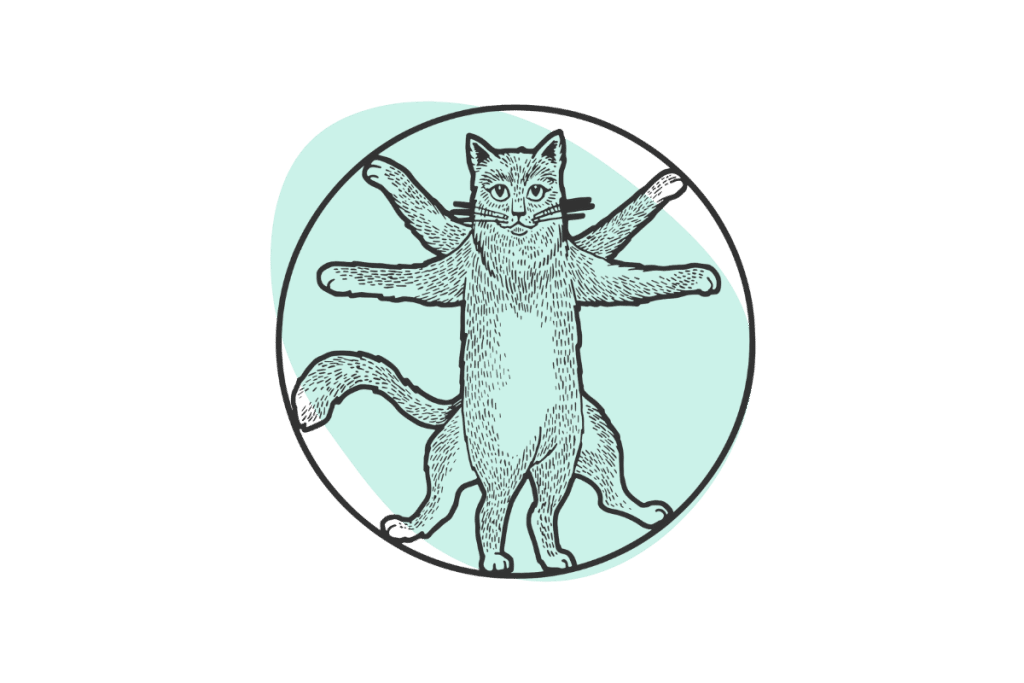
There are dozens of closely related lysergamide psychedelics on the market that aren’t specifically mentioned on the Brazilian list of prohibited substances, including LSZ, ETH-LAD, 1P-LSD, 1B-LSD, 1V-LSD, AL-LAD, PRO-LAD, and LSA.
Is DMT Legal in Brazil?
No, DMT is not legal in Brazil, but there is a way around it.
DMT, also known as the spirit molecule, has been illegal almost everywhere globally since the Vienna convention. However, in Brazil, some plants that contain DMT are not unlawful, as the legal prohibition only applies to the substance itself.
Some brews containing DMT, like ayahuasca, can be legally used in Brazil. Initially, only aboriginal tribes used it in their rituals, but it has been gaining acceptance in recent times, and some tourist retreats offer ayahuasca as part of the emerging psychedelic tourism industry.
There is no mention of the legal status of natural sources of DMT such as changa and Bufo alvarius. There’s also no mention of 5-MeO-DMT or 4-AcO-DMT on the list of prohibited substances.
Is MDMA Legal in Brazil?
No, MDMA is not legal in Brazil.
MDMA, also known as ecstasy, is the most common member of the amphetamine psychedelics class, which are most commonly used recreationally in underground rave scenes. MDMA has also proven useful as a form of psychedelic-assisted psychotherapy.
Countries such as the US and Canada are on the verge of legalizing MDMA for medical use — but so far, Brazil has taken no steps toward establishing MDMA in clinical practice in the near future.
Other amphetamines are listed on the prohibited substances list, including DOM, MDA, DOB, DOC, DOI, and all synthetic cathinones.
Is Ketamine Legal in Brazil?
Yes, ketamine is legal in Brazil, but only for veterinary use.
Many veterinarians use ketamine as an anesthetic for cats and dogs. Its sale is controlled under veterinary law, but it is forbidden to sell this medication outside of this circuit.
Ketamine is a popular
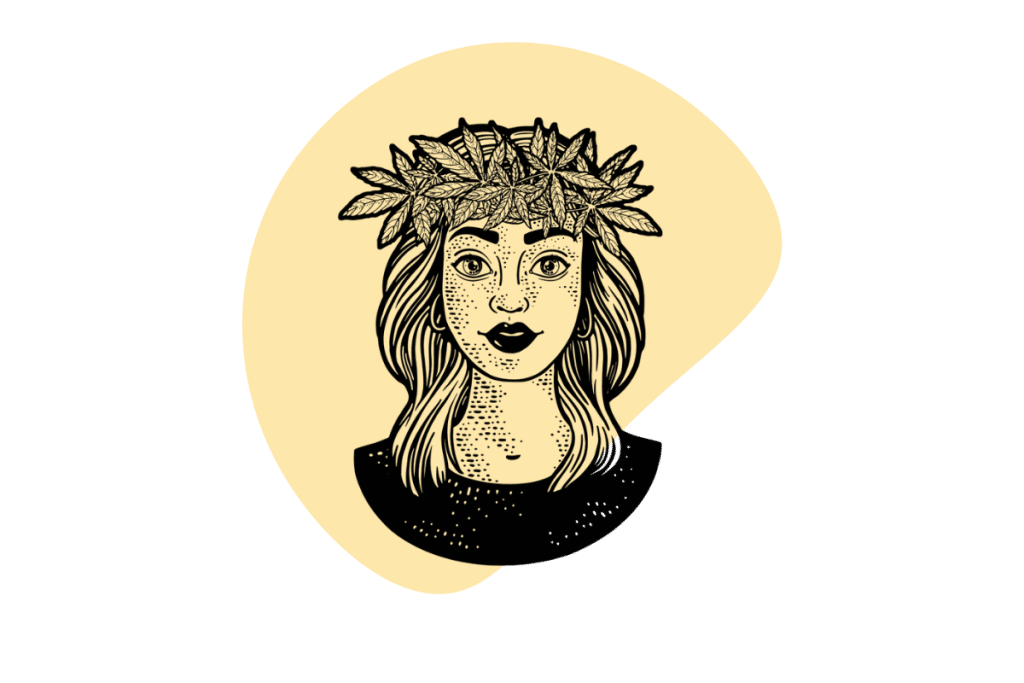
Because it is legal to use in animals, possession of ketamine is not illegal. Still, its use in humans it’s unlawful, though police forces are reportedly more relaxed in terms of enforcing these laws.
Is Marijuana Legal in Brazil?
No, marijuana is not yet legal in Brazil.
Brazil’s drug laws practically haven’t changed since 2006; its society has become more tolerant towards cannabis.
Many groups advocate for decriminalizing cannabis in the country, and the use of this herb has been gaining acceptance in recent years. There are reports from Brazilians that use marijuana that the police rarely enforce these laws. Cannabis consumption is high in Brazil.
Despite how common marijuana consumption is, Brazil’s current government has not budged in its stance on drugs in over a decade. Any attempts to legalize cannabis have not been fruitful. Modifications proposed for drug laws are more oriented toward changing the penalties than changing legality.
Moreover, delta 8 THC remains legal in Brazil for medicinal use. There is no mention of delta 8, delta 10, or HHC anywhere on the prohibited substances list — but each of these cannabinoids is presumed to be illegal.
What’s the Difference Between Legalization & Decriminalization?
Legalization and decriminalization are two concepts that may seem similar to many but have significant differences.
When a substance is decriminalized, the penalties for possessing or using it are no longer applied. It’s still illegal to buy, sell, cultivate or produce it. However, you’ll no longer get arrested if caught using or possessing the substance.
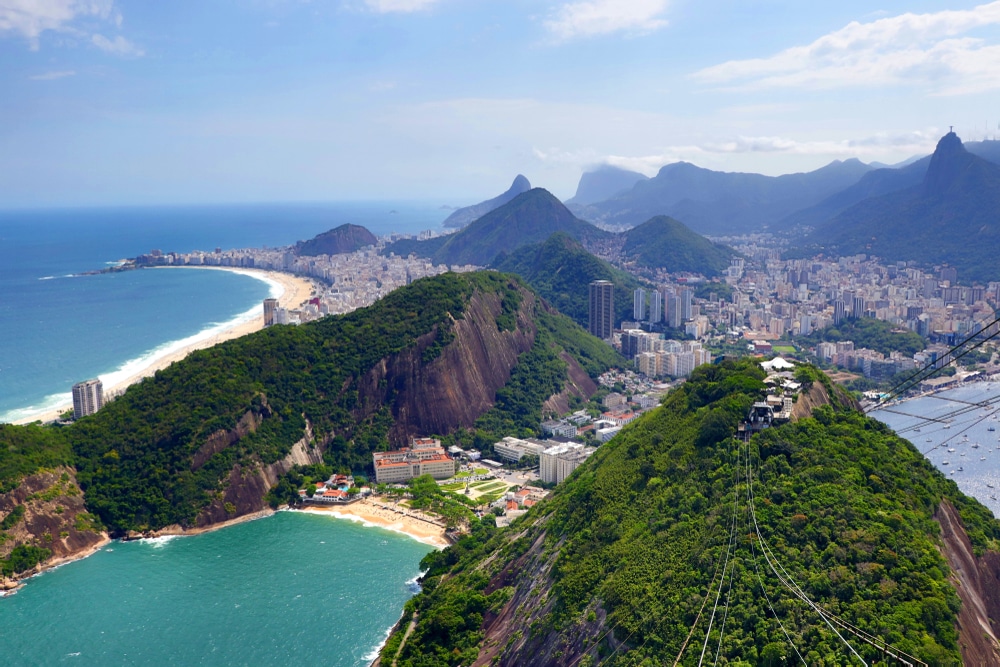
Legalization takes this one step further. It establishes a legal frame to produce, sell and buy substances, meaning sellers will comply with specific regulations. This will make buyers turn to trustable sellers, who will provide unadulterated, safe products.
In addition, legalization has been proven to significantly reduce the risks of abuse, addiction, and other societal problems related to substances.
Key Takeaways: What’s the Future of Psychedelics in Brazil?
Psychedelic legislation in Brazil seems to be relatively stable. It’s legal to cultivate, buy and use magic mushrooms, ayahuasca, and other psychedelics. Most of them are related to local tribes’ rites, but they’re also gaining popularity thanks to their therapeutic effects.
However, Brazil’s current government is taking a very conservative stance on psychedelics, so no further advances are expected in decriminalization in the near future.
On the other hand, society seems to be moving toward a more progressive view, and in many cases, the justice system is becoming more tolerant of the personal use of substances.

